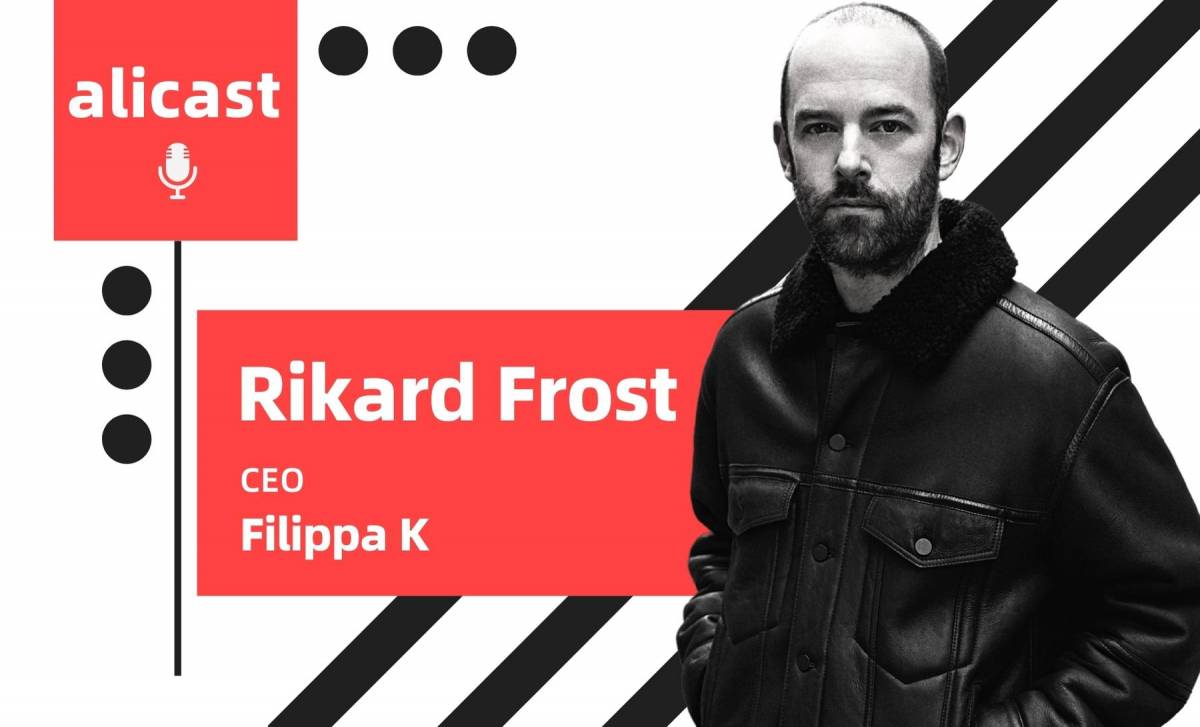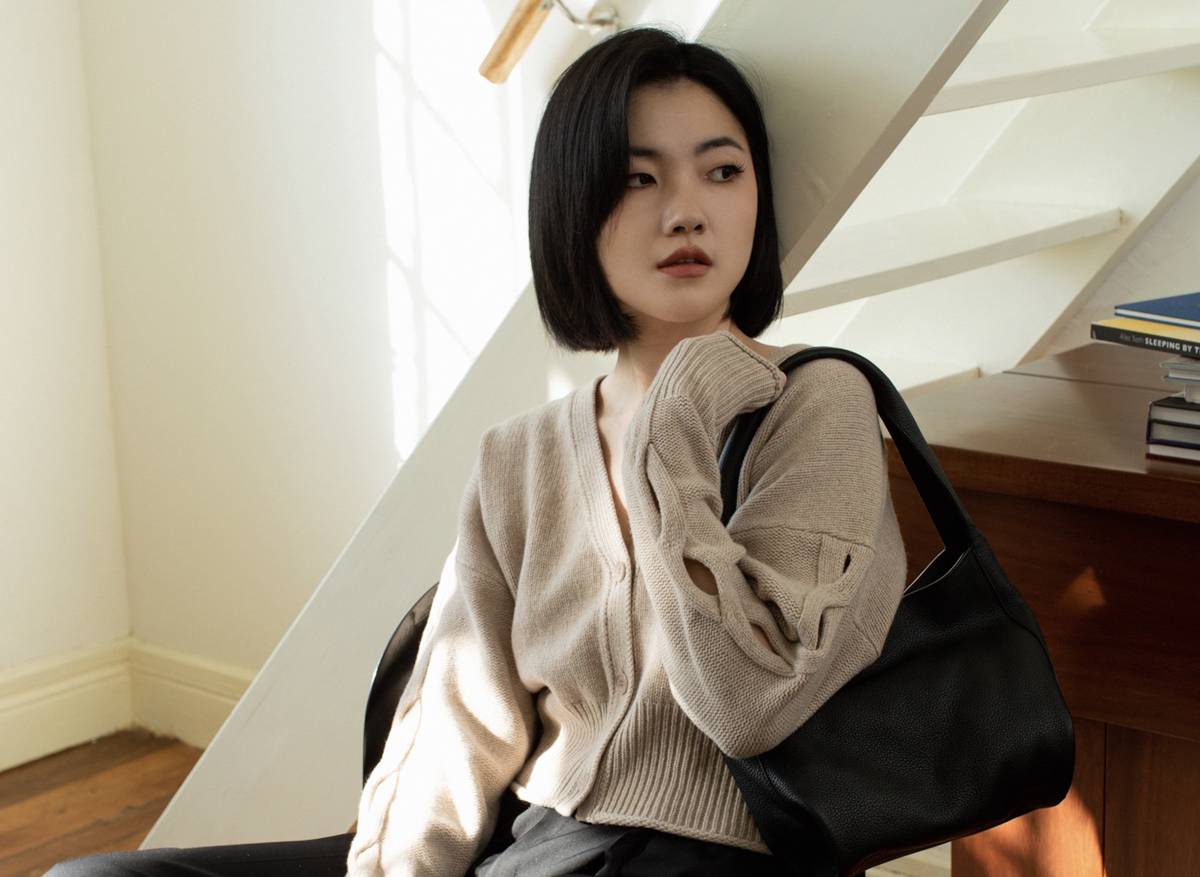
Listen and follow Alicast
Apple Podcasts | Spotify
Niche luxury fashion houses are expanding in China, using digital tools to build a loyal following in the world’s second-largest economy.
In this episode of Alicast, we speak to Scandinavian fashion house Filippa K’s CEO Rikard Frost about connecting with Chinese consumers.
A Swedish native, Frost joined Filippa K last year with a mission to reboot Filippa K for the post-pandemic landscape using his experience in e-commerce.
Frost spent over a decade leading the digital transformation of Acne Studios from a local denim brand to an international fashion house. He went on to become Alexander Wang’s Chief Consumer Officer based in New York.
Rikard Frost is also a China veteran. He launched Alexander Wang on Alibaba Group’s Tmall back in 2020 and earlier this year introduced Filippa K to the digital marketplace, which connects businesses with over a billion consumers in China.
“The Chinese market is too big and too important and too influential to ignore. What I learned during my time at both Acne Studios and also Alexander Wang was really how powerful the market can be if you have something that resonates with the Chinese client,” said Frost.
We spoke to Frost during the 11.11 Global Shopping Festival, the world’s largest retail event, and asked him what it takes to stand out from the crowd.
“You need to think about what to offer customers that offers the best value to them, and why they should pick our brand during this massive festival,” said Frost.
Filippa K has created a small capsule collection in one of its best-known categories, knitwear, for Tmall shoppers during 11.11.
Stepping into the world’s second-largest economy is part of the Stockholm-headquartered brand’s international growth strategy.
Filippa K, known for its minimalism and categories such as down jackets and woolen outerwear, believes its commitment to sustainable fashion will help it appeal to Chinese consumers. The brand uses organic cotton, recycled fibers and materials that promote animal welfare in its collections.
“Oftentimes, when I traveled to China before the pandemic, it was very striking how curious the Chinese consumer was for new ways of shopping and just craving new things; and I thought maybe we can be one of those new things that will make a difference,” said Frost.
Filippa K’s international push comes as the climate crisis weighs on purchasing decisions worldwide. A recent survey found that 90% of Chinese consumers already know the importance of sustainable shopping.



About 80% of Chinese consumers try to avoid plastic materials and nearly half have purchased second-hand or organic clothing in the past two years, said consultancy Roland Berger who conducted the survey in collaboration with fashion industry trade journal WWD.
“There is a growing interest in mindful consumption,” said Frost, “Consumption behaviors and patterns will need to change over time to support the planet and the environment,” said Frost.
In 2014, Filippa K developed a circularity strategy that has guided its efforts of reducing, reusing, repairing and recycling garments to lower its impact on the planet.
The Chinese market is too big and too important and too influential to ignore
Filippa K’s Tmall store launched in August with the Autumn/Winter 2022 and core collections of women’s, men’s, active and loungewear. Creative Director Liisa Kessler’s first collection for Filippa K, Spring/Summer 2023, will be available from November.
Kessler, a multilingual German/Finn, joined the brand from French fashion house Saint Laurent earlier this year, becoming the first successor to Filippa Knutsson who co-founded the brand in 1993.
Founded in 1993, Filippa K is majority owned by Novax, the investment arm of family-run business Axel Johnson.
For more tips from entrepreneurs and brands on successfully navigating the world’s second-largest economy, subscribe to the series on Apple Podcasts or Spotify.
Listen and follow Alicast
Apple Podcasts | Spotify
“Alicast” is a production of Alizila, the corporate newsroom of Alibaba. It’s produced by Yashan Zhao and hosted by Alison Tudor-Ackroyd. If you’re in a podcast app already, please follow “Alicast”. If you’re listening on Alizila’s website and want each new episode of “Alicast” delivered to you as they’re published, download any podcast app, then search for “Alicast” to follow the show. Thank you for listening.




